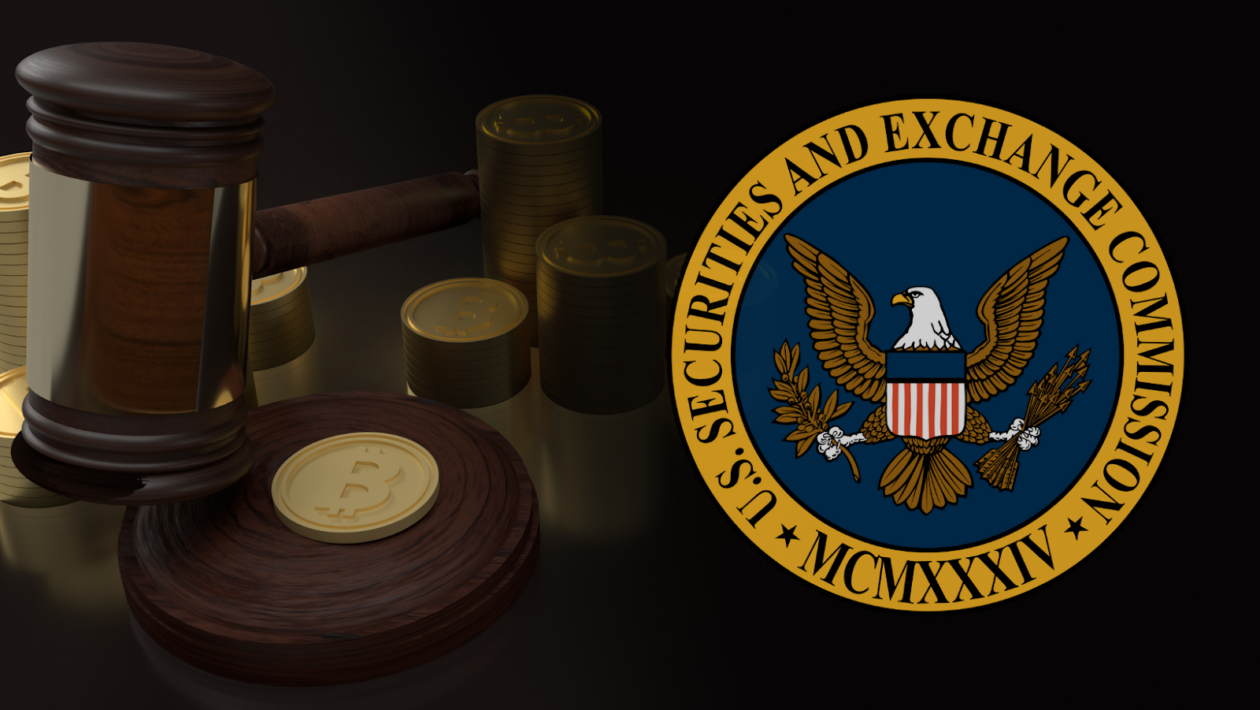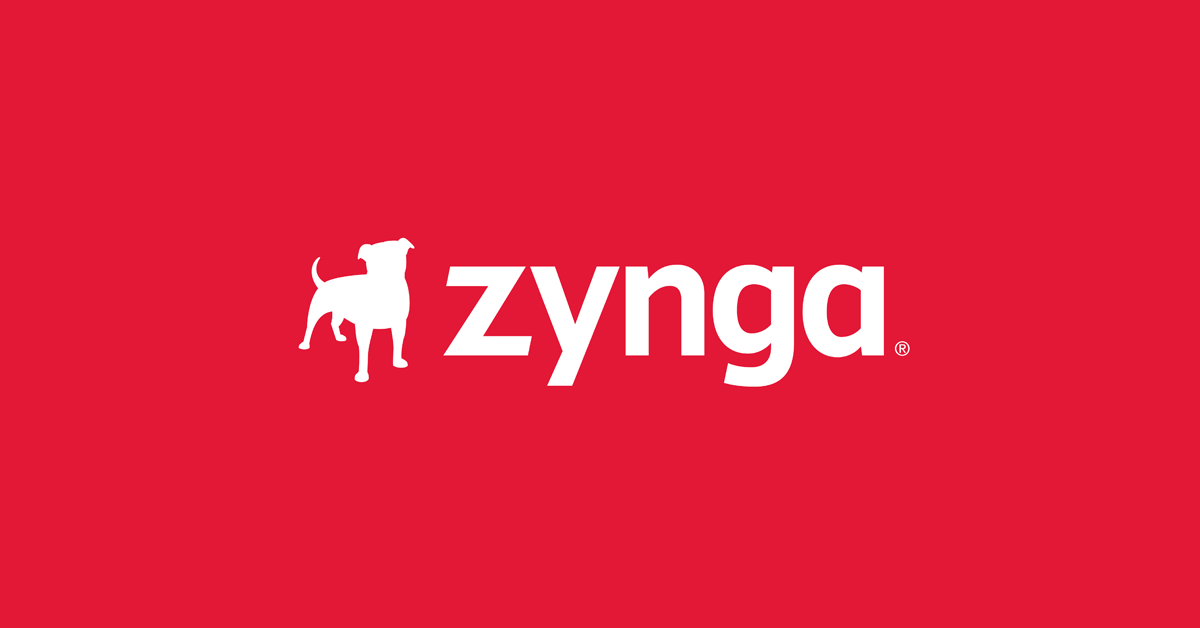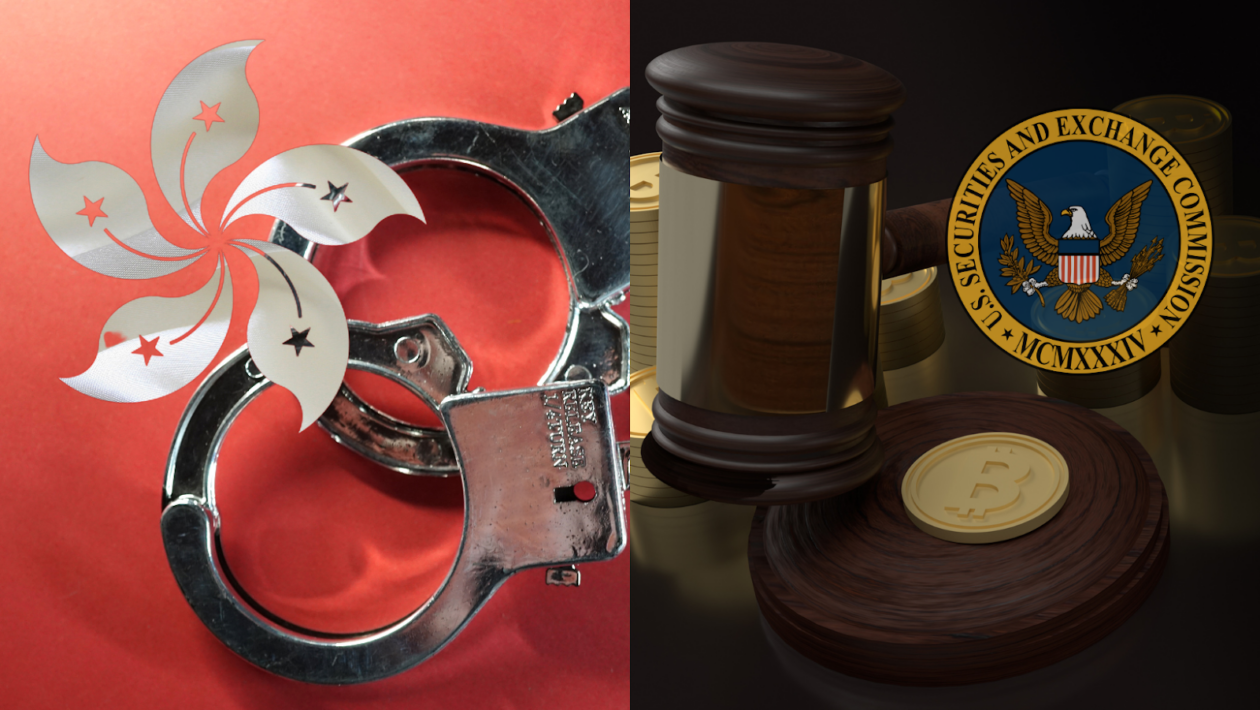In this issue
- US SEC: Stepping up enforcement
- NFTs: Gaming juggernaut Zynga moves into NFTs
- JPEX exchange: Woes ahead as Hong Kong makes arrests
From the Editor’s Desk
Dear Reader,
It’s been quite the week for regulatory enforcement in the cryptocurrency space.
In the U.S., the Securities and Exchange Commission appears to be redoubling its efforts to bring market players it regards as errant into line. On our side of the world, in Hong Kong, the Securities and Futures Commission is cracking down on crypto exchange JPEX.
You’ll notice that the names of the two regulators don’t differ much, but that’s where the similarities pretty much end.
Hong Kong’s SFC operates within the context of a regulatory framework for crypto and digital assets in which enforcement action is a vital tool but a last resort.
The U.S. SEC, by contrast, operates in the absence of a regulatory framework that accommodates crypto and digital assets, and – as has been well documented over the past year – has relied on enforcement actions to fill that regulatory vacuum.
Hong Kong’s crypto rules have been criticized in some quarters as too restrictive, with their 12-month cooling-off period between token launches and exchange listings, and their ban on crypto derivatives, stablecoins, staking and airdrops. But at least Hong Kong has rules for the sector.
Those rules provide regulatory certainty, improving the business environment for crypto companies, reducing the need for proactive enforcement and – critically for the regulator and the taxpayers that fund it – reducing enforcement costs.
Enforcement costs are an issue. As David Hirsch, head of the SEC’s Crypto Assets and Cyber Unit admitted this week, the regulator has a finite budget. The pace of the SEC’s enforcement actions in the crypto space has been relentless, arguably eating away at that budget at the expense of other regulatory priorities – one of which might be drafting a prudent but enabling rules framework for the industry.
So, ask yourself this, Mr. Hirsch: What would serve the industry – and the investing public – better? Costly de facto regulation by enforcement (which, ironically, breeds regulatory uncertainty), or enforcement only as a last resort within a fixed-cost framework of rules?
Feel free to surprise us.
Until the next time,
Angie Lau,
Founder and Editor-in-Chief
Forkast.News
1. Warning bell

The U.S. Securities and Exchange Commission (SEC) will expand its regulatory enforcement beyond Coinbase and Binance.US to other cryptocurrency exchanges, intermediaries and decentralized finance (DeFi) entities, the agency’s head of crypto assets and cyber unit David Hirsch said Tuesday at a forum in Chicago.
- The SEC is currently investigating companies that have allegedly conducted similar breaches as Coinbase and Binance.US, Hirsch said at the Securities Enforcement Forum Central.
- “We’re going to continue to bring those charges,” said Hirsch, adding that intermediaries such as brokers, dealers and clearing agencies that are not fulfilling their obligations will not escape the regulator’s reach.
- The SEC sued Coinbase and Binance.US in June for allegedly offering unregistered securities, which deprived investors of protection against conflicts of interest and other risks. The agency also sued Ripple Labs in 2020, claiming the company’s sales of XRP constituted the unregistered offering of investment contracts.
- Hirsch further added that adding a “DeFi” label to an operation will not help circumvent the SEC’s enforcement.
- In the agency’s enforcement action against the Stoner Cats non-fungible token (NFT) project last week, enforcement director Gurbir Grewal said the “economic reality of the offering” determines an offering as a financial security, not its labels.
- In partnership with the U.S. SEC, the Philippines Securities and Exchange Commission held a workshop last week to enhance the two agencies’ enforcement capabilities on “securities-related crimes” that include crypto scams, according to a press release last Friday.
Forkast.Insights | What does it mean?
DeFi, short for decentralized finance, has emerged as a revolutionary frontier in the world of finance, promising democratized financial access to anyone with an internet connection and the allure of operating without third-party intermediaries, notably due to the automation enabled by smart contracts. It has painted a vision of a sector untouched by traditional security threats and regulatory impositions.
However, a nuanced review of recent developments challenges this idealistic portrayal. An effective DeFi platform should inherently be decentralized, smart contract-driven, and impervious to undue influences. Yet, notable instances have arisen that call these tenets into question. Case in point: Terra-Luna’s UST stablecoin. Designed to maintain parity with the U.S. dollar, algorithmic manipulations led to a significant deviation from this benchmark. This anomaly precipitated a staggering loss of approximately US$50 billion, culminating in a fatal blow to what was then the world’s second-largest DeFi ecosystem.
From a security standpoint, while DeFi was envisioned as a robust and secure alternative to traditional finance, the reality has been starkly different. Data from Chainalysis, a leading blockchain analytics firm, indicates that DeFi platforms were the victims of a staggering 82.1% of all crypto-related thefts in 2022, summing up to losses worth US$3.1 billion. This trend seems to continue in 2023 with notable breaches such as the US$73 million attack on Curve Finance.
Regulatory perspectives on DeFi have also evolved. Initial beliefs that blockchain-based projects could operate beyond the purview of regulators are being reassessed. With the U.S. SEC signaling a more stringent oversight approach towards DeFi, it’s becoming evident that the sector might not be as insulated from regulatory interventions as previously thought.
2. NFT gaming is here

Zynga’s entry into NFTs marks the intersection of mainstream gaming and Web3, and it is not the only major game studio entering Web3 this year. These major games arrive at a time when Web3 native games are beginning to launch, creating the perfect conditions for gaming NFTs to shine.
- Zynga’s first NFT was a free mint for a collection called Sugartown Oras. In just 7 days the collection has traded for over US$1.7 million on secondary markets, with 40% of the collection still waiting to be minted.
- Five of the top ten collections on CryptoSlam are gaming-related NFTs including Gods Unchained and DMarket, the top two collections this week, trading for US$8.1 million and US$5.2 million on secondary markets.
- DMarket’s CS:GO gaming skins boast over 1.7 million transactions in the past 30 days from 70,948 unique buyers.
- Konami unveiled its first NFT game, Project Zircon at the Tokyo Game Show on Sept. 21.
- Krafton, the developers behind PUBG, is releasing its own blockchain and an NFT-backed game called Overdare this year. The open-world sandbox game will host live events, and digital fashion and foster a Roblox-esque experience for gamers.
- Major Web3 native games including Yuga Labs’ HV-MTL Forge and Legend of the Mara, NWay’s WreckLeague, PixelVault’s BattlePlan!, and My Pet Hooligans have either launched this month or are launching in early access later this year.
Forkast.Insights | What does it mean?
2022 was supposed to be the year of P2E gaming, and while that didn’t materialize with playable games, it certainly appears that the games we hoped to have played were meticulously being developed.
Before the end of this year, multiple Web3 native games will be launching to a rather large community of gamers whose anticipation never fizzled out. Wreck League, the Animoca backed brawler from NWay, along with two unique offerings from Yuga Labs, HV-MTL Forge and Legends of the Mara (arriving next week), will keep gamers more than busy until the big players in the gaming industry join the party, but in many ways, they’re already here.
Mobile gaming juggernaut Zynga had its first NFT mint last week with Sugartown Oras, and this free mint demonstrated that Zynga’s understanding of the NFT market may match its expertise in attracting traditional gamers. Zynga’s revenue in 2022 was over US$2 billion, yet in this bizarre NFT world, it opted to take in no money with its mint. These guys get it, and it’s a very bullish sign that their time in NFTs will be well worth our attention.
Last week we also learned that an icon of the gaming industry, Konami, is releasing its first NFT game called Project Zircon. While it previously released collectible NFTs, this will be a playable game with tradable NFTs. Krafton, the studio behind one of the world’s most successful battle royale games PUBG, is also releasing a game called Overdare this year. This will be a Roblox-style open-world sandbox, and should reach a massive audience of gamers given their previous success. It’s worth noting that the game will be launched on Krafton’s own Settlus blockchain, which demonstrates its level of commitment to Web3.
Mobile gaming generated over US$91.8 billion in revenue last year, and that certainly seems to be why current NFT game developers are favoring that platform. Wreck League, HV-MTL, Overdare, and most other current Web3 offerings have or will be released on mobile, and now with Google’s Play store and Apple’s App stores having favorable NFT policies, the stage is now set for NFT gaming to have a fair chance at success.
Above all else, the games must be fun, and if early hands-on impressions from existing games are any indication of what we’re in store for, then I’d say Web3 has a real chance to live up to the hype. Make no mistake, being part crypto, part NFT collectibles, and all part of the massive gaming industry that is projected to grow to US$334 billion next year, all eyes are on NFT gaming right now.
3. Arrests in Hong Kong

Hong Kong police on Monday arrested six people connected with Dubai-based crypto exchange JPEX after receiving over 1,400 fraud-related complaints related to the company, according to the South China Morning Post (SCMP).
- The people arrested include two social media influencers Joseph Lam Chok and Chan Wing-yee, who have been detained on suspicion of conspiracy to defraud. The total losses involved in JPEX’s fraud complaints were estimated at HK$1 billion (US$128 million).
- The arrest followed a warning statement issued by the Hong Kong Securities and Futures Commission (SFC) on Sept. 15, which said JPEX had been “actively promoting its products and services to the Hong Kong public” without applying for a license to operate as a virtual asset trading platform (VATP), and that some influencers “have made false or misleading statements on social media” to suggest that JPEX had made its license application.
- “This incident reflects the elements of fraud, so the police took immediate action to arrest relevant individuals for suspected fraud,” said Hong Kong Chief Executive John Lee Ka-chiu on Tuesday. “This is why we have the licensing system to protect investors.”
- Following the arrest, JPEX said Monday its partnered third-party market makers had “maliciously frozen” the platforms funds due to “unfair treatment by relevant institutions in Hong Kong towards JPEX” and “a series of negative news,” and that the crypto exchange was negotiating with its partners to resolve the liquidity shortage.
- Hong Kong kicked off its new crypto exchange licensing regime in June, allowing licensed exchanges to provide certain crypto trading services to retail investors in the city.
- JPEX’s case arises as Hong Kong ramps up its regulatory protections in the crypto industry. Apart from the SFC, Hong Kong Monetary Authority — the city’s de facto central bank institution — issued a warning last Friday that some crypto companies are purporting to provide “banking services” in their promotions to mislead investors.
Forkast.Insights | What does it mean?
Hong Kong’s Securities and Futures Commission is respected in finance industry circles and rightly feared by those in the same circles who break the rules.
Although JPEX can and should expect due process following the arrests of eight employees, social media boosters and money changers this week, the SFC is plainly delivering on its promise to make an example of any miscreant players in the crypto space that claim to hold licenses but which in reality do not.
The commission has been crystal clear in warning that crypto exchanges claiming to be licensed or to have filed license applications will find such misrepresentations counting against them if they file genuine license applications.
Given the seriousness of the allegations against JPEX, the exchange’s shutdown in the city may therefore prove to be permanent.
Since the arrests, JPEX has gone on the offensive, attempting to discredit the SFC, bleating about fairness, and pointing to its registrations with regulators in the U.S., Canada and Australia. To be fair, JPEX appears to be registered with the U.S. Financial Crimes Enforcement Network and the Financial Transactions and Reports Analysis Centre of Canada. However, its registration with the Australian Securities & Investments Commission is in the process of being struck off. Read into that what you will.
Further signs that all may not be well at JPEX come in the form of reports that its Taipei office appears to have been recently abandoned and that Taiwanese social media influencers it has hired are assisting authorities with their inquiries. And despite being a Platinum Sponsor of last week’s Token2049 digital asset conference in Singapore, JPEX pulled a disappearing act after the event’s first day, leaving its booth unattended.
So far, so sketchy. Yet whatever happens to JPEX, the case has brought home – once again – the potential perils of questionable operators running free in the crypto space, such that Hong Kong authorities are now considering tightening up the city’s barely three-month-old crypto regulatory framework.
So far, the SFC has issued only three crypto exchanges with licenses to serve retail customers. As what appears to be a growing problem at JPEX plays out, the regulator may well exercise even more caution before handing out additional permits.




